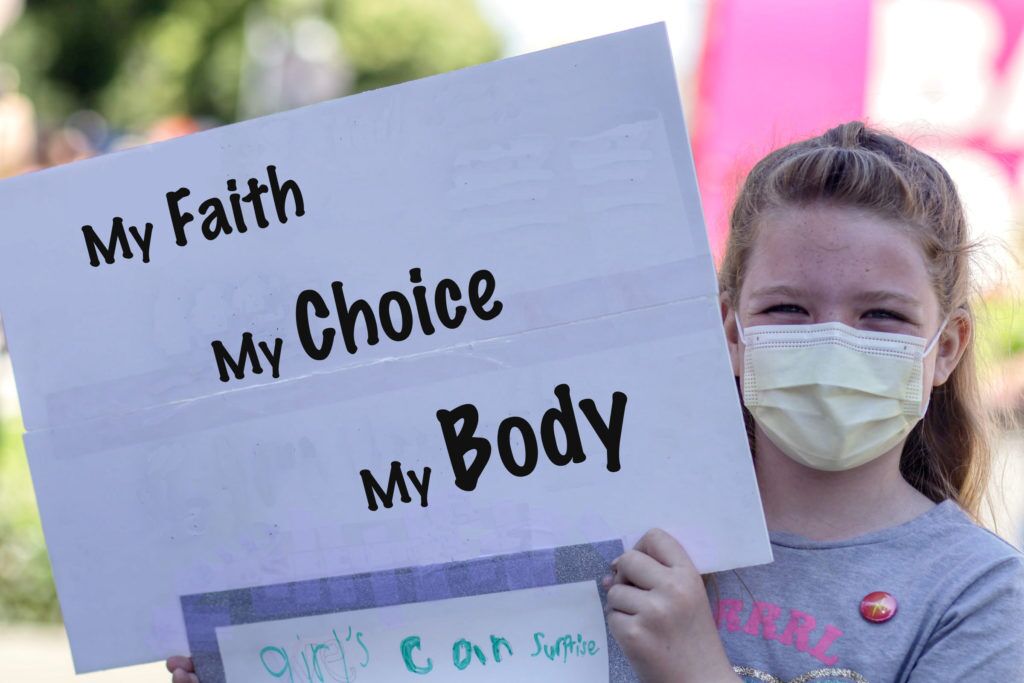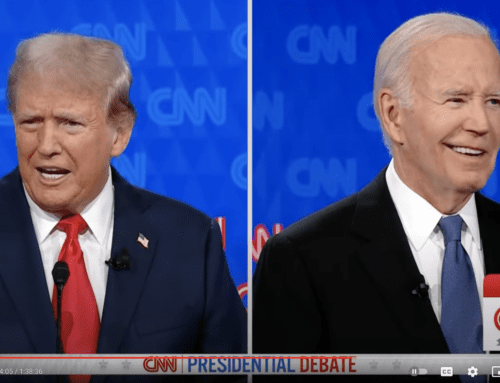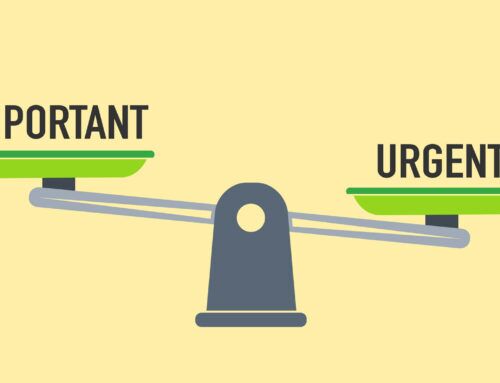
Some people don’t think that politics and religion mix. Public figures like Bill Maher can be incredibly disrespectful and dismissive on this topic, and the nation’s founders were divided on the issue. But it’s religion, the expression of personal faith, that is the lifeblood of democracy.
The founders understood that religious differences were central to some of the bloodiest wars in Europe’s history, but some, like John Adams, nevertheless believed that American democracy was “designed only for moral and religious people.” From their conflicting views, they came up with this simple instruction in the First Amendment: “Congress shall make no law respecting an establishment of religion, or prohibiting the free exercise thereof.”
Faith gives us the confidence to navigate and act upon the world and to trust in ourselves and our fellow humans that we can live by a commonly agreed upon code of law and ethics. Whether the confidence to possess such trust comes from belief in a book about an invisible, all knowing creator or a movie about lightsaber-wielding monks or an equation like E=mc2 is generally irrelevant.
Democracy simply can’t exist without faith and the trust it inspires.
No doubt that some wield their religious faith as a weapon to coerce the insecure and gain political power with the goal of imposing their will on others.
That is not the way of democracy.
Emma Addams and the group she leads, Mormon Women for Ethical Government, are a great example for anyone who wants to understand how to express the tenets of their faith in a pluralistic society that prizes freedom of religion. It’s not easy, but it becomes far simpler when you treat those who don’t share your particular brand of religion with the respect and dignity that you want for yourself.
Author: George Linzer
Published: January 23, 2024
Updated: January 25, 2024 (clarifications)
Feature image: George Linzer






